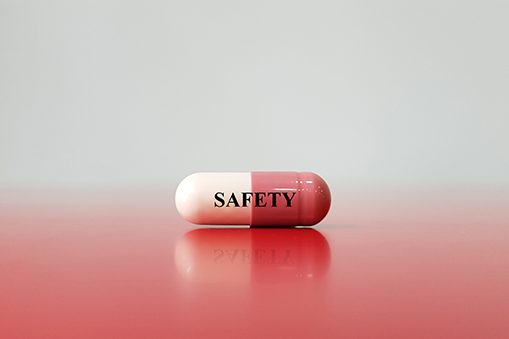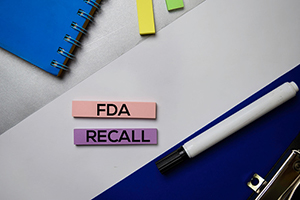Pharmacovigilance

Pharmacovigilance is the science and activities relating to the detection, assessment, understanding, and prevention of adverse effects or any other drug-related problems. Pharmacovigilance is a component of the National Pharmacy and Therapeutics Committee (NPTC) that is focused on performance improvement activities and evaluations of formulary decisions to promote medication safety and rational medication use.
Mission
To oversee medication safety within the Indian Health System. The pharmacovigilance program provides clinicians with knowledge, tools, and resources to reduce the risks associated with medication therapy in an effort to promote safe and rational use.
Vision
To prevent adverse medication events from occurring and to use medications appropriately to achieve optimal health outcomes.
Stay Connected
Sign up on our NPTC LISTSERV for latest news, updates, discussions, and drug safety alerts and communications.
Adverse Drug Events

Adverse Drug Events (ADE) should be documented in the patient?s medical record or reported to MedWatch or the Vaccine Adverse Event Reporting System (VAERS).
Learn MoreMedication Safety Resources

Important communications and alerts distributed by IHS and the FDA regarding the prescribing and monitoring of FDA approved medications and devices.
Learn MoreHow to Handle Drug Recalls

The Medication Recall Process used by the Indian Health Service informs local service units when they may be affected by a medication recall.
Learn More

